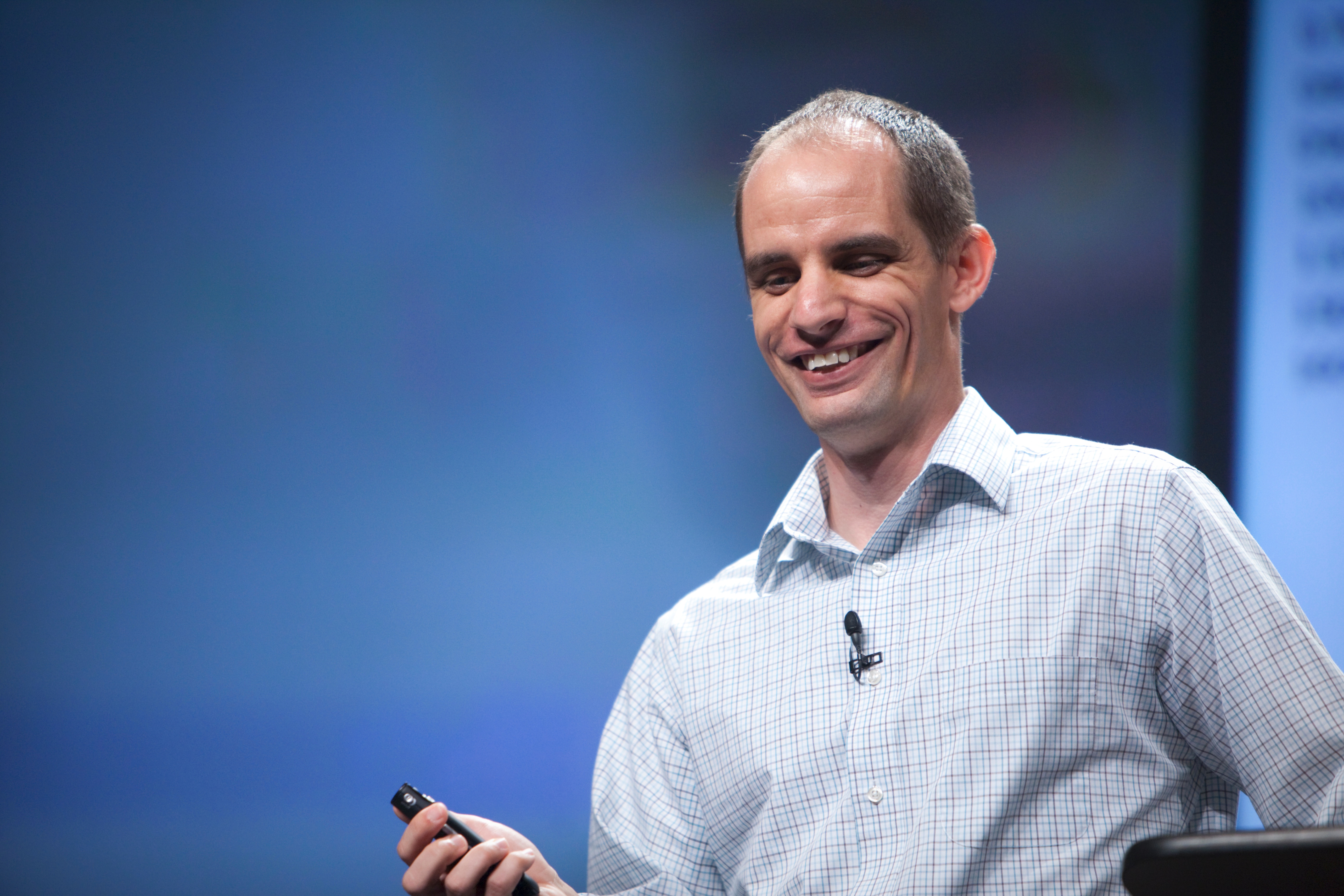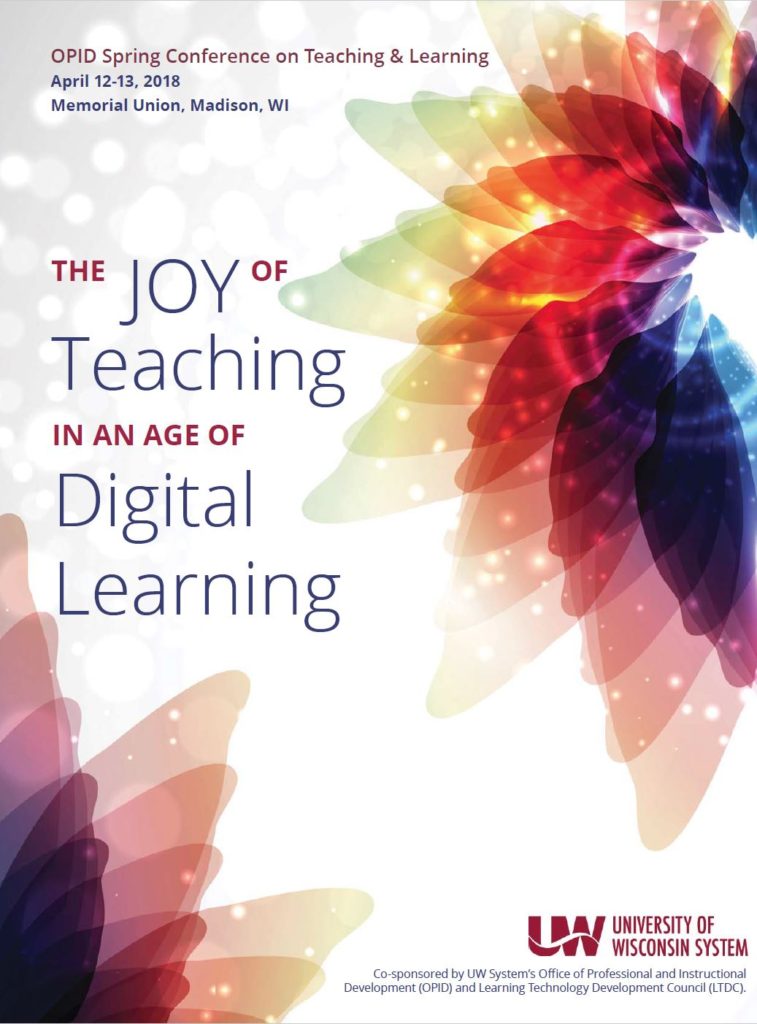The 2018 conference theme reminded us that despite ongoing stresses placed on faculty and instructors from multiple sources, what remains constant is the joy of teaching. What distinguishes teaching today from the past is, in part, the undeniable impact of Internet and digital technologies in shaping the lives and minds of our students, and, consequently, our teaching. Together we will consider what this means to our work as educators.
Michael Wesch, Ph.D.
2018 Keynote Speaker
2018 Winners
Dr. Michael Wesch has been dubbed “the prophet of an education revolution” by the Kansas City Star. Wesch is internationally recognized as a leader in teaching innovation. The New York Times listed him as one of 10 professors in the nation whose courses “mess with old models” and added, “They give students an experience that might change how they think, what they care about or even how they live their lives.” Wesch is well known for his digital work. His videos have been viewed over 20 million times, translated in over 20 languages, and are frequently featured at international film festivals, and major academic conferences worldwide. Wesch has won several major awards for his work, including the U.S. Professor of the Year Award from the Carnegie Foundation, Wired Magazine’s Rave Award, and he was named an Emerging Explorer by National Geographic.
Life 101: Lessons from Students in Pursuit of a Real Education
For over a decade I have been considered a “very good teacher.” I have won several major awards, including a national Professor of the Year award. But if I measure my success based on my own students’ self-perceptions of their happiness and success, the results are mixed at best. To find out more, I have started doing true ethnographic fieldwork among students. I started by simply taking my lunches with them and listening to their life stories. I visited alumni in their homes and discovered how their education was influencing their lives today. Then I became a student again, challenging myself to learn new things to remind myself of all the struggles and joys of learning. I did fieldwork at frat parties, college bars, and midnight life-philosophy discussions. From these studies I found that those who are successful find that what was most important was not the “stuff” they learned, but how they have changed. They moved beyond routine expertise and skills toward what researchers call “adaptive expertise” – a capacity to address novel, messy, complex problems that are frequently encountered in the real world. Doing this requires more then just learning knowledge and skills. In an effort to encourage, enhance and assess this “deep learning” I set about a total overhaul of my courses, leveraging digital technologies where appropriate, and abandoning them altogether when they were not. In this presentation, I will share stories of my research among students, the insights I gained, and the radical changes to my own teaching these insights have provoked.
-Dr. Michael Wesch, Cultural Anthropologist, Kansas State University
Michael Wesch’s presentation is co-sponsored by UW System Administration | Office of Academic Programs and Faculty Advancement’s Systemwide Professional & Instructional Development and Office of Learning and Information Technology Services’ Learning Technology Development Council.


